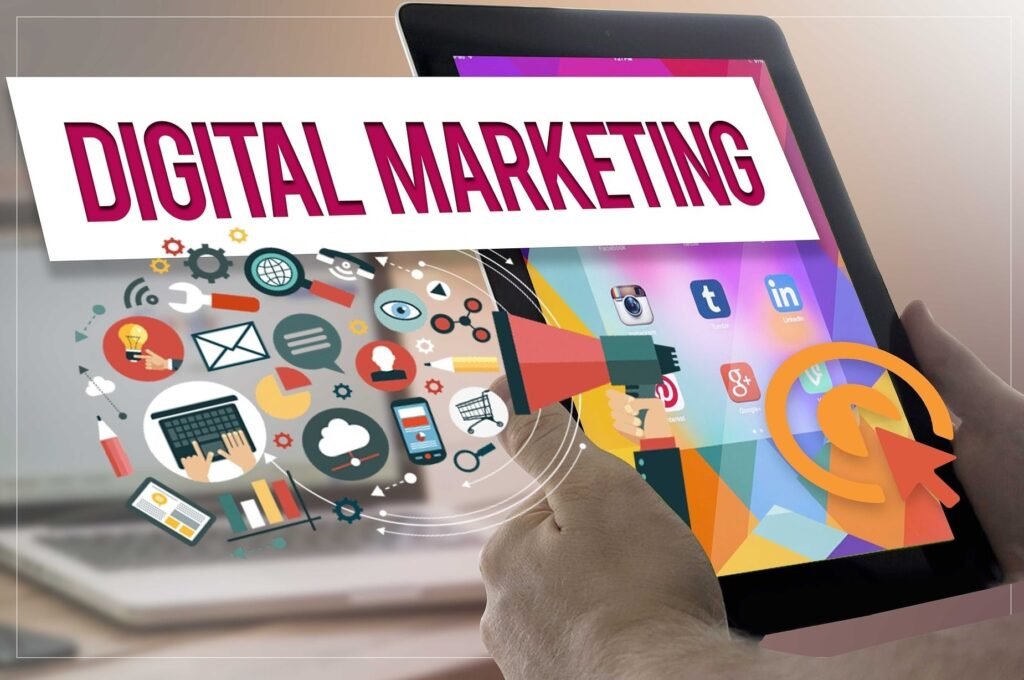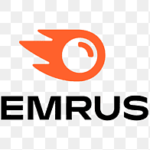Frequently Asked Questions
What are the main types of digital marketing?
SEO (Search Engine Optimization): Optimizing content to rank higher in search engines.
SMM (Social Media Marketing): Using social platforms like Facebook, Instagram, or LinkedIn to promote products or services.
PPC (Pay-Per-Click): Paid advertising where advertisers pay each time someone clicks on their ad.
Email Marketing: Sending targeted emails to nurture relationships with potential and existing customers.
Content Marketing: Developing meaningful, engaging content tailored to attract and sustain a loyal audience.
Affiliate Marketing: Earning a commission by promoting other people’s products or services.
Influencer Marketing: Collaborating with influential individuals to endorse and promote products or services.
How does SEO work?
SEO involves optimizing a website or content to improve its visibility on search engines like Google. This can be achieved by targeting relevant keywords, improving site structure, enhancing page load speed, creating high-quality content, and building backlinks.
What are the key SEO ranking factors?
- On-page SEO: Optimizing individual web pages, including meta tags, headings, keyword usage, and image alt texts.
- Technical SEO: Improving site performance, mobile-friendliness, and security (e.g., HTTPS).
- Backlinks: Quality and relevant external websites linking to your site.
- Content: The relevance, length, and quality of your content.
- User Experience (UX): Site speed, mobile optimization, and ease of navigation.
What is the role of social media in digital marketing?
Social media platforms like Facebook, Instagram, Twitter, and LinkedIn play a key role in connecting brands with their audience. Through social media, businesses can build relationships, increase brand awareness, drive traffic, and convert leads into customers through paid or organic content.
How is PPC different from organic traffic?
- PPC (Pay-Per-Click): Advertisers pay when a user clicks on their ad. It’s immediate but requires a budget.
- Organic Traffic: Gained through SEO without direct payment to search engines. It takes longer to build but can be more sustainable in the long term.
What is the importance of content marketing?
Content marketing is essential for building trust with your audience. By providing informative, engaging, and valuable content, businesses can attract potential customers, nurture leads, and establish authority in their niche.
How can businesses measure digital marketing success?
Success in digital marketing can be measured through KPIs (Key Performance Indicators) such as:
Website Traffic: Number of visitors to a website.
Conversion Rate: The proportion of visitors who take specific desired actions, such as signing up or making a purchase.
Engagement: Likes, shares, comments on social media or content.
Return on Investment (ROI): Revenue generated versus the cost of marketing efforts.
Click-Through Rate (CTR): The ratio of individuals who click on an advertisement or link compared to the total number of viewers.
What tools are essential for digital marketers?
- Google Analytics: Tracks website traffic and user behavior.
- SEMrush/Ahrefs: For SEO research, keyword analysis, and competitor insights.
- Hootsuite/Buffer: For managing social media content and scheduling posts.
- Mailchimp: For email marketing campaigns.
- Google Ads/Facebook Ads: For paid advertising campaigns.
How can businesses stay updated with digital marketing trends?
- Following industry blogs, webinars, and online courses.
- Attending digital marketing conferences and events.
- Engaging in forums and groups like Reddit, Quora, or LinkedIn.
- Regularly testing new strategies and platforms.







